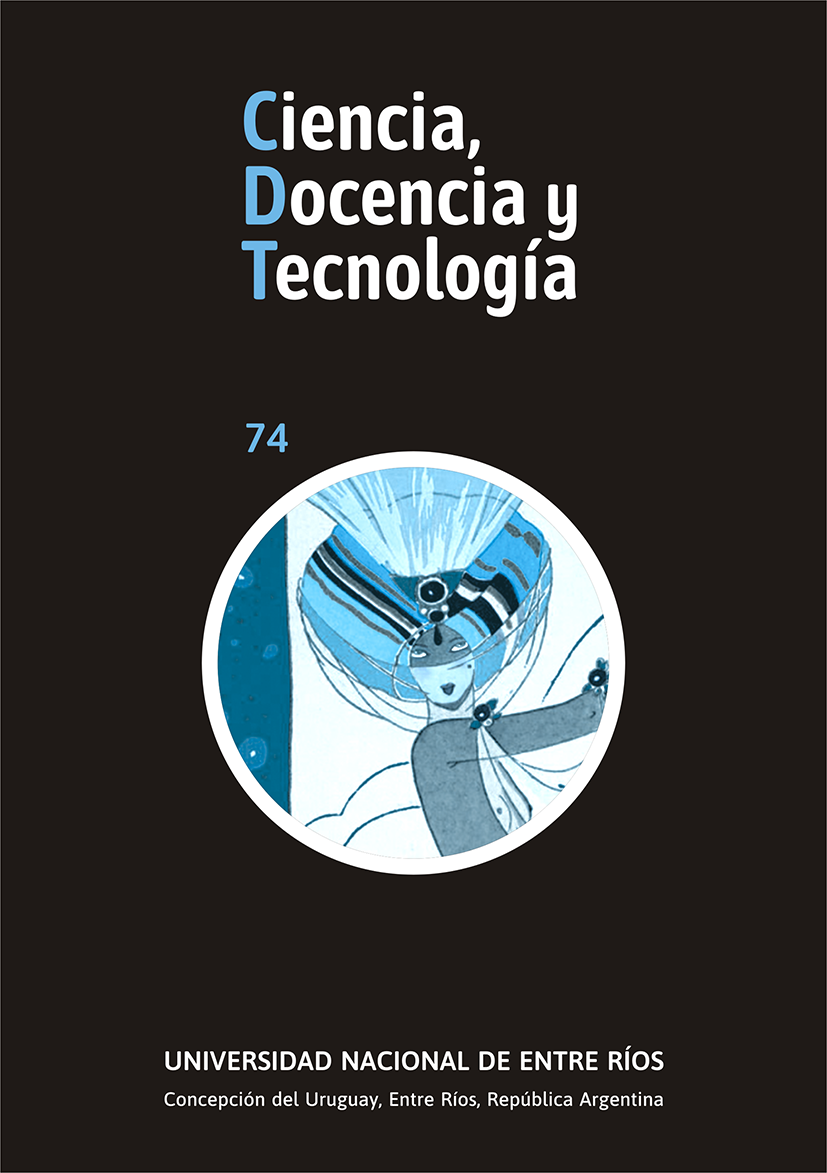Resumo
O presente artigo é uma análise das atividades de extensão rural com juventudes rurais no Oeste de Santa Catarina no âmbito da atuação da Empresa de Pesquisa Agropecuária e Extensão Rural de Santa Catarina – Epagri. A pesquisa tem como objetivo compreender as possibilidades e os efeitos do desenvolvimento de políticas públicas de assistência técnica e extensão rural especificamente orientadas para o público dos jovens rurais. Metodologicamente, trata-se de uma pesquisa exploratória organizada por meio de entrevistas com agentes públicos da Epagri e com jovens atendidos por suas ações institucionais, preponderantemente cursos específicos para esse público. Além disso, apresenta-se também relatos de acompanhamento dessas atividades. Os resultados indicam a existência de uma perceptível influência das atividades da Epagri em processos de permanência de jovens no meio rural, considerando a contribuição na melhoria de processos técnicos e, sobretudo, na gestão de conflitos e construção de projetos de vida ajustados as conjunturas e percepções dos atores sociais. Significa dizer que a assistência prestada contribui para a melhoria das condições decisórias dos jovens. Não é, efetivamente, uma condição definitiva, mas uma importante contribuição em meio as demais políticas públicas vigentes. Depreende-se disso a necessidade de serem fortalecidos os mecanismos de assessoria técnica e de extensão rural públicas, gratuitas e de qualidade como elementos constitutivos das políticas públicas rurais em âmbito universal, com acesso ampliado e com protagonismo dos atores sociais implicados.
Referências
BRUMER, A. (2007). A problemática dos jovens rurais na pós-modernidade. Em M.J. Carneiro e E.G. Castro (orgs.), Juventude rural em perspectiva(pp. 35-53). Rio de Janeiro: Mauad X.
CARNEIRO, M.J.; Castro, E.G. (orgs.). (2007). Juventude rural em perspectiva. Rio de Janeiro: Mauad X.
EPAGRI (2015). Epagri - 40 anos de Pesquisa Agropecuária em Santa Catarina. Florianópolis: Epagri.
EPAGRI (2018). Plano de Gestão Estratégica da Pesquisa Agropecuária e Extensão Rural da Epagri 2017 – 2027. Florianópolis, SC: Epagri.
GERBER, R.M. (org.). (2016). Narrativas sobre a Ação Jovem Rural na Epagri – 2012-2016: depoimentos e imagens. Florianópolis: Epagri.
KUMMER, R. (2013). Juventude rural, entre ficar e partir: a dinâmica dos jovens rurais da comunidade de Cerro Azul, Palma Sola/SC. Dissertação (Mestrado em Ciências Sociais) – UNIOESTE, Toledo.
KUMMER, R. (2019). Juventudes rurais e permanências: ruralidades e urbanidades representadas no Extremo Oeste de Santa Catarina. Tese (Doutorado em Ciências Sociais) – Programa de Pós-graduação de Ciências Sociais em Desenvolvimento, Agricultura e Sociedade – CPDA, Universidade Federal Rural do Rio de Janeiro, Rio de Janeiro.
MENASCHE, R. (2007). Debate. EmM.J. Carneiro e E.G. Castro (orgs.), Juventude rural em perspectiva (pp. 136-139). Mauad X.
RADIN, J.C. (2009). Representações da colonização. Chapecó: Argos.
SOUZA, S.B. (2015). Extensão rural e juventude: a experiência dos Clubes 4-S em Minas Gerais (1950-1980). Dissertação (Mestrado em Extensão Rural) – Universidade Federal de Viçosa, Viçosa.
STROPASOLAS, V.L. (2007). Um marco reflexivo para a inserção social da juventude rural.Em Carneiro, M.J.; Castro, E.G. (orgs.).Juventude rural em perspectiva (pp. 279-293). Rio de Janeiro: Mauad X.
WEISHEIMER, N. (2005). Juventudes Rurais: mapa de estudos recentes. Brasília: MDA.
VALADARES, A.A. et al. (2016). Os significados da permanência no campo: vozes da juventude rural organizada. Em Silva, E.R.A.; Botelho, R.U. (orgs.),Dimensões da experiência juvenil brasileira e novos desafios às políticas públicas (pp. 59-94). Brasília: Ipea.

Este trabalho encontra-se publicado com a Licença Internacional Creative Commons Atribuição-NãoComercial-CompartilhaIgual 4.0.
Direitos de Autor (c) 2025 Rodrigo Kummer

